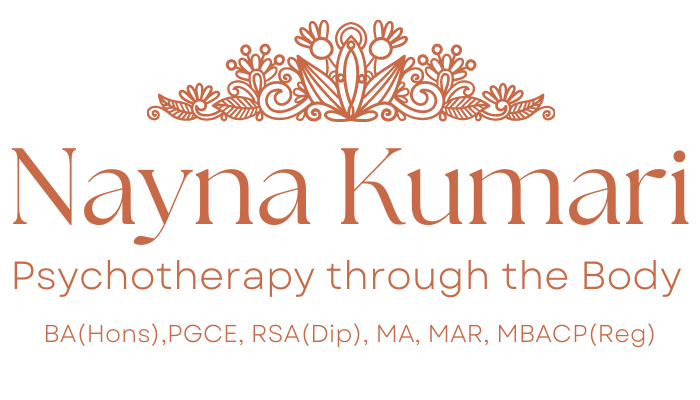Why is bereavement so difficult?
To help understand first we need to consider exactly what bereavement is. As well as mourning the loss of the person we also mourn the loss of the relationship we had with them. All the skills and qualities we shared. All the emotional, physical or intellectual needs that the relationship met. All our shared memories and experiences. And also possibly the loss of our expected future.
Scientists have tried to explain how we deal with change. When you experience intense emotions our body makes chemical changes that you may experience as a longing, a desire or an ’emptiness’. There then quickly follows an impulse to reach out for the thing that will fill this gap. Your muscles may tighten and you may feel ‘ready’, excited or experience some form of eager anticipation. Once you have received the thing you want, you feel relief. At this point your body releases a different set of chemicals which switch off the feeling of ‘need’. The part of our body which mediates relaxation and wellbeing comes into play and you feel softer and happier and relax. [1]
However when you lose someone you care for no matter how much you reach out, you do not receive the sense of completion which allows you to wallow and move on. If your need is for a cuddle, it may not be for a cuddle from anyone, but specifically a cuddle from that person. A cuddle from anyone else, although comforting, will not fulfil the biological criteria to switch off the system and so your body will continue to yearn long after your mind has understood your loss.
A cycle like this is called an open cycle and looked at in this way, questions like ‘What’s the matter, is it still your mother?’ become inappropriate. Open cycles can also be triggered. This means that when something reminds you of the person, your feelings and memories can still feel as real and raw, even many years later.
A short blog cannot do justice to the intricacies of the various parts of the nervous system nor to the complexities of grief and loss. However it is important to say that no relationship is simple or one-dimensional and bereavement can involve a wide range of powerful emotions and responses.
Bereavement is not something you ‘get over’. It is a loss you learn to live with, something which you build a new life around. Rather like a physical wound which has never properly healed, sometimes you will hardly remember it is there, sometimes it will twinge and sometimes it will invade you for the whole day.
